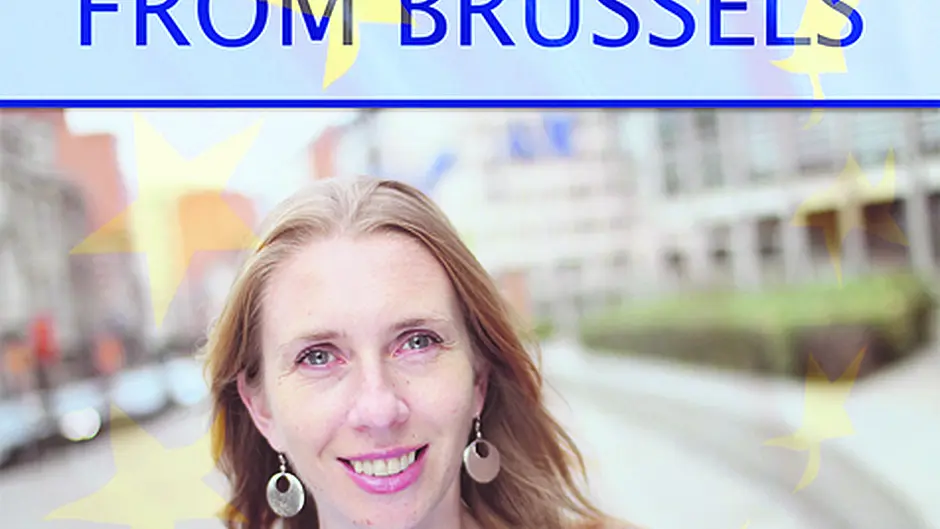The EU Commission approved the rural development programme for Ireland on May 26th, paving the way for nearly 4 billion of public money to be spent until 2020.
THE EU Commission approved the rural development programme for Ireland on May 26th, paving the way for nearly €4 billion of public money to be spent until 2020.
Three-quarters of the total funding will be allocated to the key priority of ‘restoring, preserving and enhancing ecosystems related to agriculture and forestry,’ which is expected to cover two million acres of land. Around €1.6 billion will be allocated to agri-environment-climate schemes with the new GLAS initiative (replacing the former REPS), organic farming and payments for disadvantaged areas accounting for the lion’s share of this pot of cash.
Furthermore, around 10% of Irish farms will be restructured and modernised, while another 3% of holdings are expected to benefit from support specifically targeted at young farmers. Generational renewal and attracting new blood into the farming sector are key priorities for the Irish government, as less than 7% of farmers are under 35 years of age.
Ireland was one of 24 rural development programmes – worth €27 billion of EU funds – given the green light at the end of May. The Commission’s clearance of the nationally co-financed schemes – under the so-called 2nd Pillar of the Common Agricultural Policy (CAP) – brings the number of approved rural development programmes to 51 (out of a total 118).
The announcement means that programmes worth more than €62 billion (62.4% of the budget) have now been approved. Under the plans, just over 111,000 training places will be created for farmers, while LEADER support is expected to create 3,000 jobs in rural Ireland. EU Farm Commissioner Phil Hogan welcomed the design of the Irish programme and said he was “particularly interested to see the measures aimed at young farmers, as this is a strong investment in the future of rural Ireland”.
Organic farm rules
EU Farm Ministers travelled to Riga – the capital of Latvia – at the start of this week for an ‘informal’ Council meeting, where the Latvian presidency is keen to iron out remaining differences among delegations over the reform of organic farming rules. Normally these informal gatherings offer are a chance for the presidency of the day to escape the city and showcase their country’s rural landscape, but Ministers are coming under pressure to advance this file before the summer break.
The Latvians would like to find a common approach to regulating the presence of non-authorised substances such as pesticides in organic products, an issue that divided Member States at this month’s Council on May 11th. A number of countries such as Ireland, Denmark, Sweden, UK and the Netherlands opposed the introduction of harmonised EU limits on non-authorised substances, a move which could trigger immediate decertification of an organic product.
Standing in for Minister Simon Coveney at the meeting, Secretary General of the Department, Aidan O’Driscoll said it was unfair on organic farmers to bear the burden for contamination when it might arise involuntarily from a neighbouring conventional farm or further down the food production chain. The ‘informal’ talks should pave the way for delegations to agree a ‘general approach’ on the reform at next month’s Farm Council in Luxembourg (June 16th).
Back in May 2013, Ministers congregated at Dublin Castle for two intensive days of meetings to wrap up CAP reform under the Irish presidency, with Coveney describing the meeting as ‘more work and less play’. The previous ‘Irish informal’ took place around Killarney on May Day 2004 – under the former Agriculture Minister, the late Joe Walsh’s tenure – with Ministers scaling the Kerry mountains, visiting Garnish Island and even celebrating the Clonakilty man’s 61st birthday!
So, I wonder what the Latvians have in store for us at the Riga meeting.
• Rose O’Donovan is editor of the Brussels-based AGRA FACTS and a regular contributor to the video platform www.vieuws.eu









